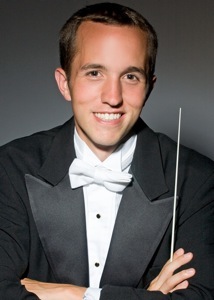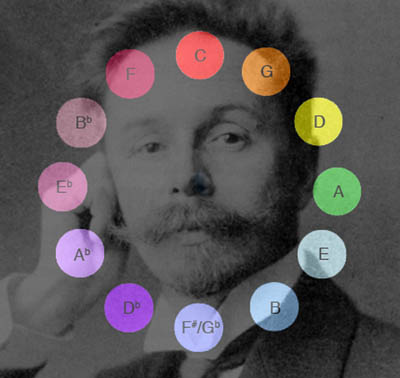
Russian composer/theosophist/sensualist Alexander Scriabin (1872-1915) spent a lot of his life dreaming of a kind of sensory extravaganza, pieces that would submerge the audience in swirling sound, dance, colored light, heady aromas… Yeah, kind of like the 60s, but a little more Old-World refined. One result of Scriabin’s musical synasthesia was that he held very specific views on which colors were inextricably tied to each key and note. As Wiki tells it:
In his autobiographical Recollections, Sergei Rachmaninoff recorded a conversation he had had with Scriabin and Nikolai Rimsky-Korsakov about Scriabin’s association of colour and music. Rachmaninoff was surprised to find that Rimsky-Korsakov agreed with Scriabin on associations of musical keys with colors; himself skeptical, Rachmaninoff made the obvious objection that the two composers did not always agree on the colours involved. Both maintained that the key of D major was golden-brown; but Scriabin linked E-flat major with red-purple, while Rimsky-Korsakov favored blue. However, Rimsky-Korsakov protested that a passage in Rachmaninoff’s opera The Miserly Knight supported their view: the scene in which the Old Baron opens treasure chests to reveal gold and jewels glittering in torchlight is written in D major. Scriabin told Rachmaninoff that “your intuition has unconsciously followed the laws whose very existence you have tried to deny.”
Scriabin’s grand schemes barely came to fruition during his life, but that’s never stopped later generations from debating, analyzing or even attempting realizations of his ambitious vision. One such attempt is in store for New Yorkers this coming Monday and Tuesday, Oct. 25th and 26th., at the Jerome Robbins Theater (located within the Baryshnikov Arts Center, 450 West 37th Street). Georgian pianist Eteri Andjaparidze and lighting designer/Macarthur Grant “genius” Jennifer Tipton will be mowing through a wide swath of Scriabin’s piano music, all accompanied by lighting inspired by his ideas on musical colors. More information on time and tix here; And to warm up your ears here’s a recording of Vladimir Sofronitsky playing Scriabin’s Sonata No.4, which will be on the concert:
[youtube]http://www.youtube.com/watch?v=NAeLmHxrYxM[/youtube]
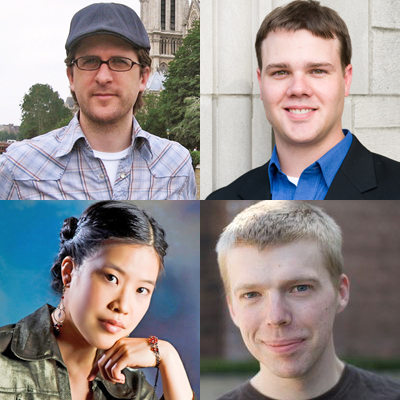
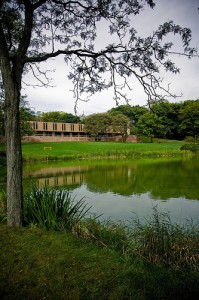
 nice tribute published at
nice tribute published at 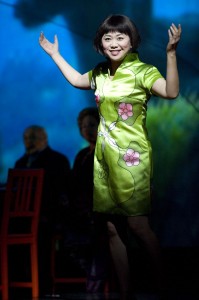

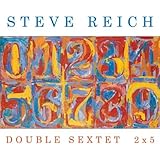 For four weeks beginning October 12, 2010 at noon, remixers can visit Indaba’s
For four weeks beginning October 12, 2010 at noon, remixers can visit Indaba’s 